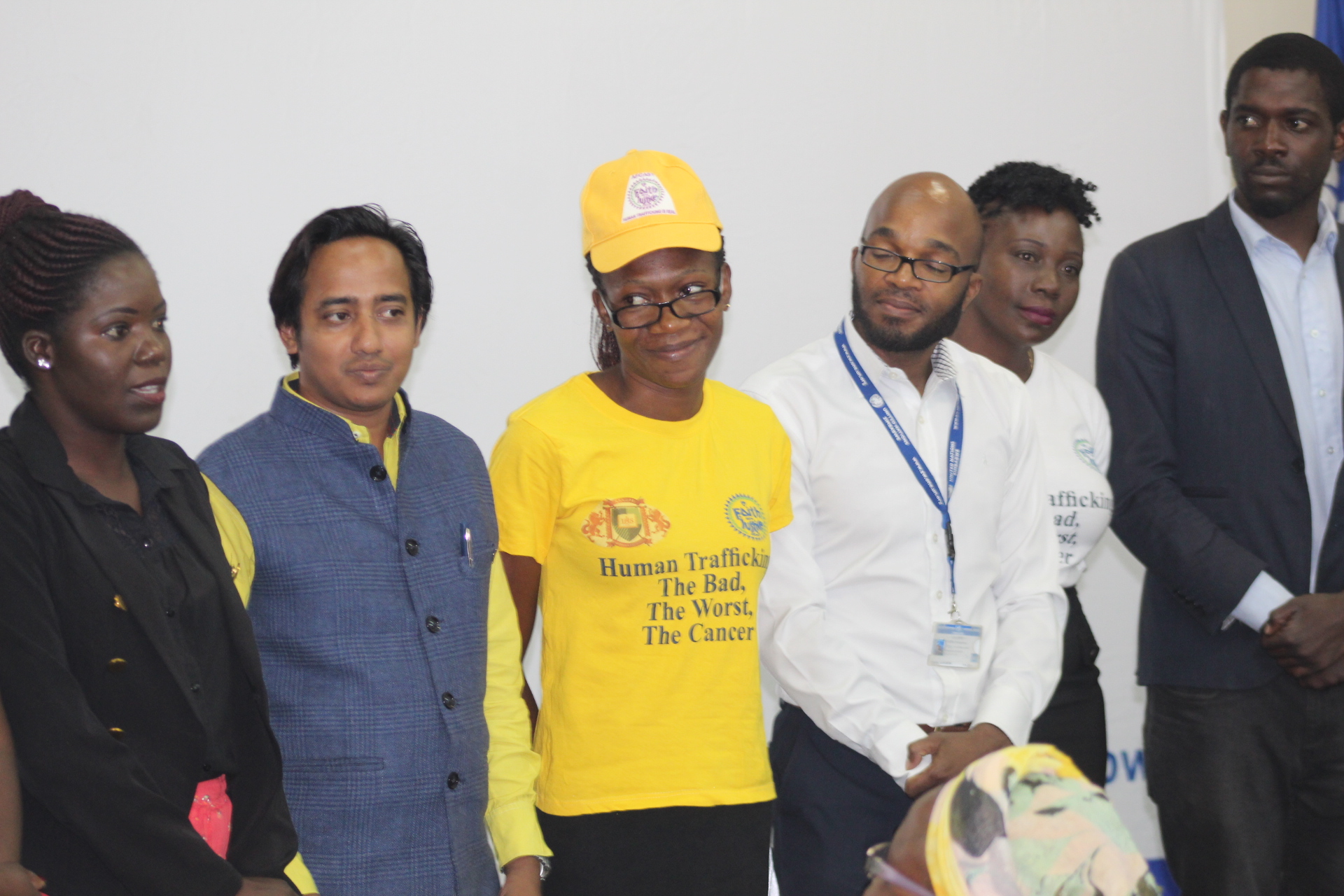By Byron Mutingwende
Migrant workers play a vital role in the global economy since they benefit the countries they work in as well as their countries of origin through sending back money to their families, Mr. Mario Lito Malanca, the International Organisation for Migration (IOM) Chief of Mission for Zimbabwe has said.
Mr. Malanca made the remarks on the belated commemoration of the International Migrants Day held in Harare on 20 December 2019.
The day is commemorated on 18 December to recognise and respect the fundamental rights and freedoms of all migrants. It is also the day when , in 2000, the UN General Assembly adopted the International Convention on the Protection of the Rights of All Migrant Workers and Members of Their Families.
The day is commemorated under the theme, “Social Cohesion: Recognising Migration is a Benefit that Works for All.
The day also presents an opportunity for governments and migration and migration stakeholders to reflect on challenges migrants face as well as inspire the national and international communities to ensure the protection of migrants’ rights.
“The number of global migrant workers stands at 272 million, and around 48 percent are women. Those hard-working men and women play a vital and much-needed role in the global economy. Not only do they benefit countries where they work but they arguably contribute even more to their homelands by sending back billions of dollars each year,” Mr. Malanca said.
Mr. Daniel Sam, the IOM Zimbabwe Programmes Officer said this year, IOM focuses on social cohesion, in recognition not just of migrants, but of the communities in which they can and do flourish.
He said IOM Zimbabwe has supported government to develop laws and policies such ad the National Labour Migration Policy, National Diaspora Policy, the Trafficking in Persons Act and the on-going National Migration Policy to promote migrants’ rights and social cohesion in the country.
Due to socio-economic challenges, young Africans are migrating at increasingly higher rates across the globe, and are met with significant immigration, socio-cultural and economic challenges. They face obstacles obtaining access to education and training, health and limited opportunities for taking part in civic life.
A young woman from Zimbabwe who was at the event recounted a harrowing tale of hardships she encountered when she went to Kuwait as a migrant worker.
“When I arrived in Kuwait, my agent from Zimbabwe disappeared and left me in the hands of foreigners who confiscated my passport and surrendered me into the hands of an old woman who abused me by giving me long working hours without a break.
“ I took care of her family members by doing the laundry and cleaning a house with more than 30 rooms. When I complained I was transferred to Saudi Arabia to a worse slave master. Fortunately enough I managed to escape to the Zimbabwean embassy in Kuwait until the officers eventually organised my return to Zimbabwe. Upon my return to the country, I managed to pick up the pieces with support from IOM. I am pleased to share with all of us here present that I am now a proud holder of a Diploma in Accounting,” the woman said.
IOM Director-General Antonio Vitorino said communities that thrive are those that embrace change and adjust to it.
“Migrants are an integral and welcome element of change. Migrants can also become champions of resilience when times are tough, when a community experiences unexpected shocks, including change and disaster, unemployment, and political turmoil,” Vitorino said.






